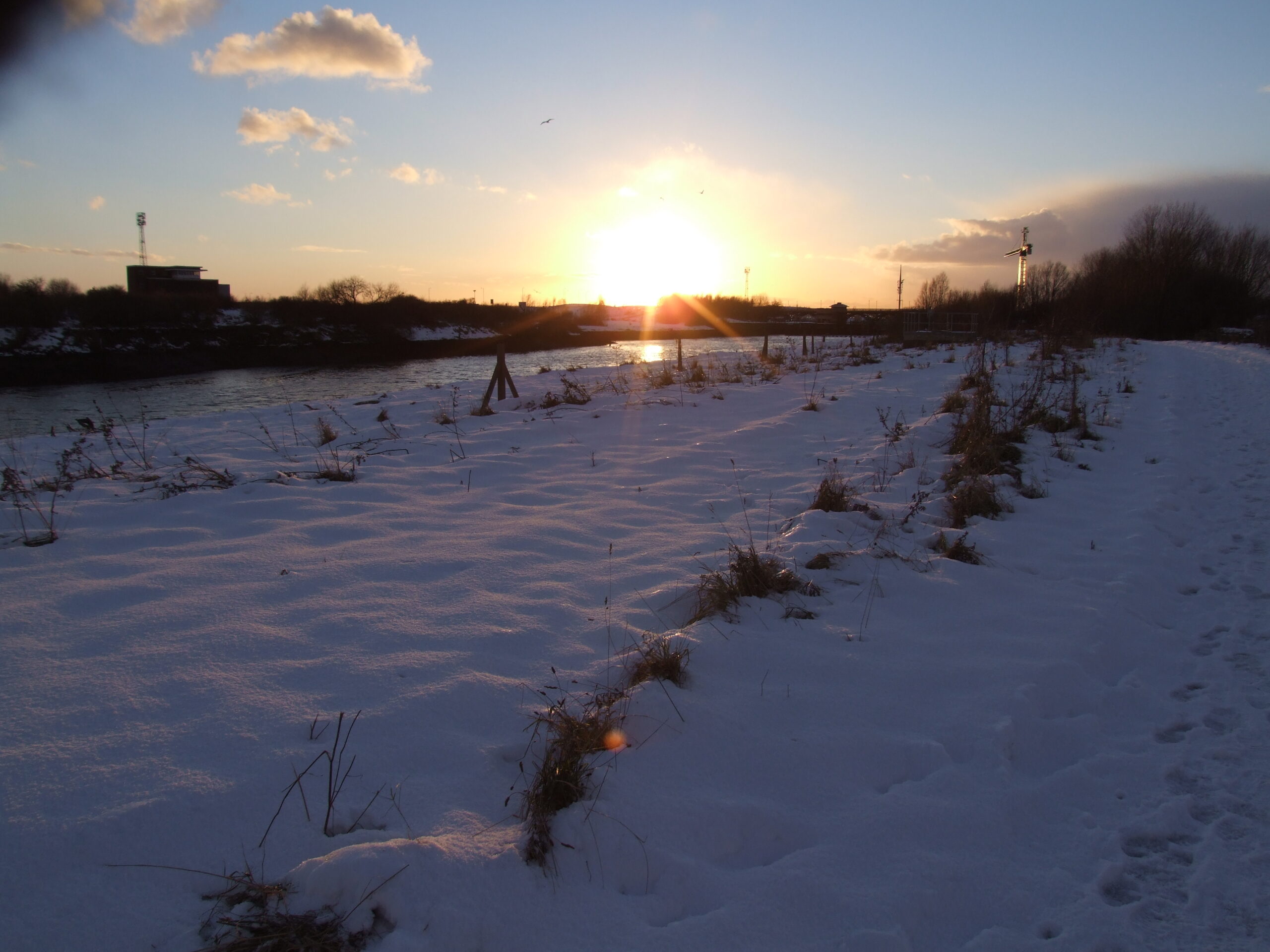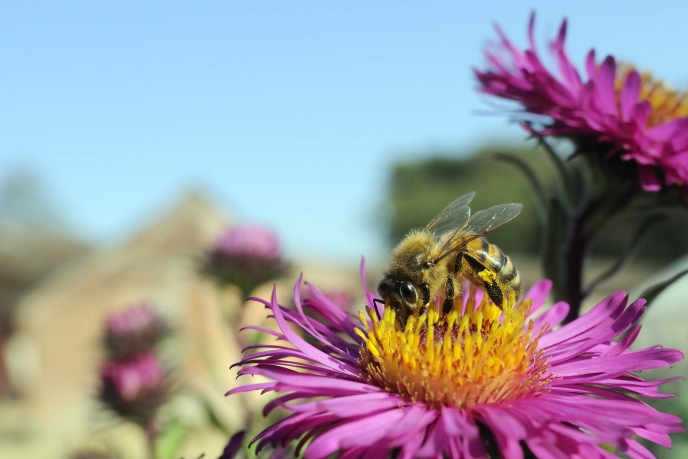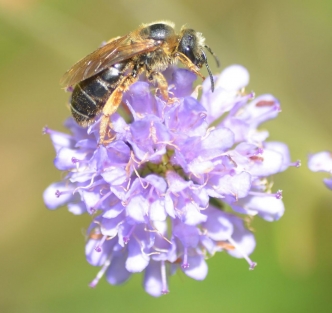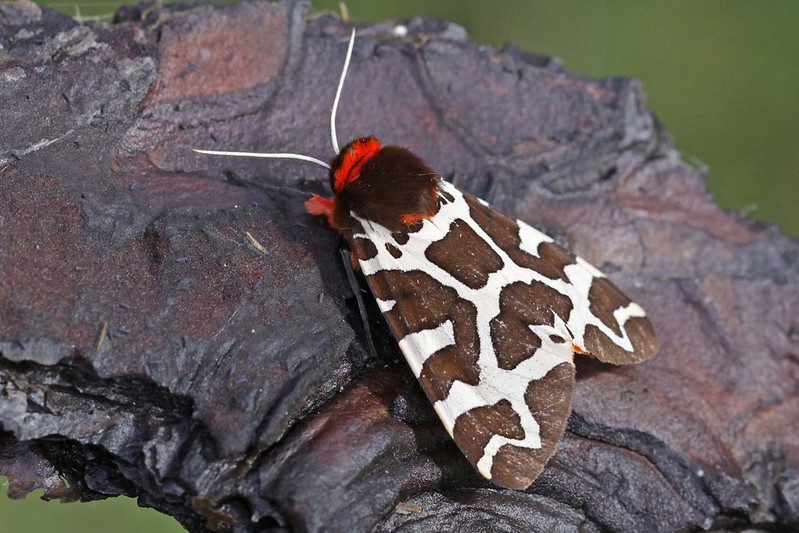A midwinter nature challenge 12 Days Wild is our festive nature challenge, encouraging you to do one wild thing a day from the 25th December to the 5th January. In those weird days between Christmas and New Year, winter wildlife is just waiting to be explored! Your wild acts could be little things to help nature – like recycling your Christmas tree or feeding the...
Say no to Peat compost
We need an immediate end to peat sales Peat used in our compost is dug out of wild places, damaging some of the last remaining peatlands in the UK and overseas. This process also releases carbon into the atmosphere, accelerating climate change. Ten years ago, the Government set a voluntary target for the horticulture sector...
Stay of execution for bees in 2021
Today’s announcement that a banned neonicotinoid will not be used on sugar beet is good news – but does not halt the risk to wildlife in future years Bees and other wildlife may have won a temporary reprieve and could now avoid being poisoned by a toxic pesticide due to the recent snap of...
The Wildlife Trusts explore legal challenge to Government decision to allow emergency use of neonicotinoid
Emergency authorisation was refused in 2018 – what’s changed? Today The Wildlife Trusts’ lawyers have contacted the Environment Secretary, George Eustice to question his decision to allow the emergency use of the banned neonicotinoid Thiamethoxam for sugar beet. The Wildlife Trusts believe the action may have been unlawful and The Wildlife Trusts are planning...
Prime Minister: no more neonics!
A pesticide known to kill bees has been authorised for farmers to use on sugar beet crops in England. The deadly neonicotinoid (or neonic), thiamethoxam, was banned EU-wide in 2018 because of the wide-spread harm it causes. We are shocked that the Secretary of State, George Eustice, has used his power to allow this. The decision to allow...
Bad news for bees: Government reverses ban on bee-killing neonicotinoids
The Government has bowed to pressure from the National Farmers Union and agreed to authorise the use of the highly damaging neonicotinoid thiamethoxam for the treatment of sugar beet seed in 2021. The Wildlife Trusts strongly oppose this decision. The Secretary of State, George Eustice, made the decision in response to the potential danger posed from...
Campaign for a Wilder Future
The natural world is in a critical condition. Let’s put it into recovery. We love the classic story The Wind in the Willows. But since Kenneth Graeme’s beloved characters Toad, Badger, Ratty and Mole were first introduced almost 100 years ago, the UK has become one of the most nature-depleted nations in the world....
The Wildlife Trusts launch £30 million appeal to kickstart nature’s recovery across 30% of land and sea by 2030
Today The Wildlife Trusts launch 30 by 30, a public appeal to raise £30 million to start putting nature into recovery across at least 30% of land and sea by 2030. Nature has suffered serious declines for decades with 26% of UK mammals in danger of disappearing altogether and hedgehogs, red squirrels, bats, turtle...
High Speed Rail (H2S)
Ecosystems permanently damaged. Irreplaceable habitats destroyed. Taxpayer’s money spent on restoration wasted. Wildlife extinctions at a local level. This could be nature’s fate if the current plans for HS2 continue. In the most comprehensive environmental assessment to date we can reveal the sheer scale of potential damage from HS2. Our report shows that the...
12 Days of Wild Christmas!
Get closer to nature this Christmas, with our winter wildlife challenge Every June we challenge you to try 30 Days Wild, doing one wild thing a day throughout the month. We call these wild things “Random Acts of Wildness”, and they can be as simple as watching a bird from your window, or as...
